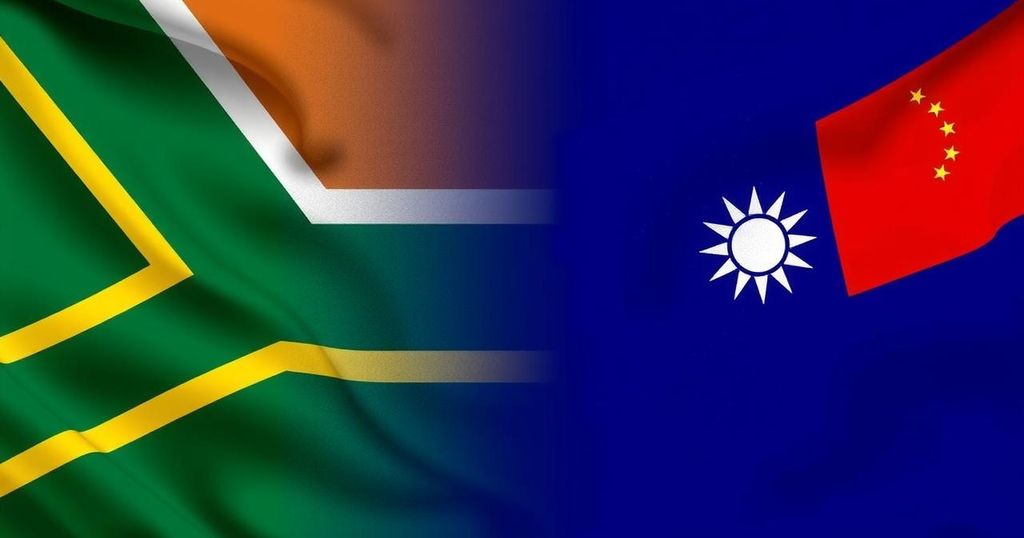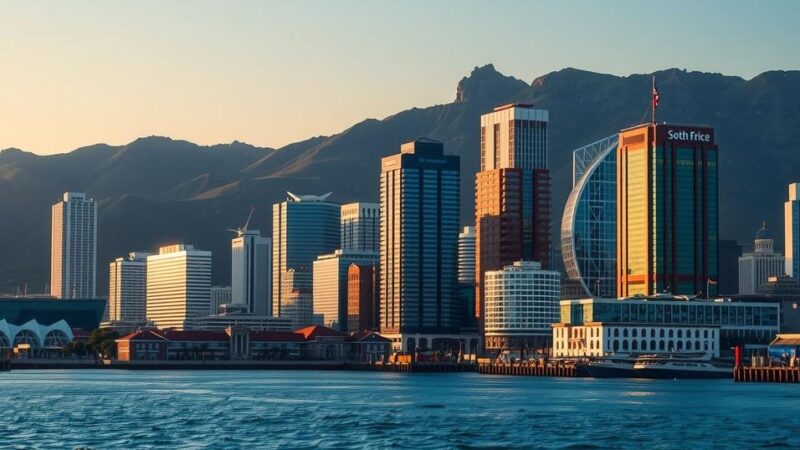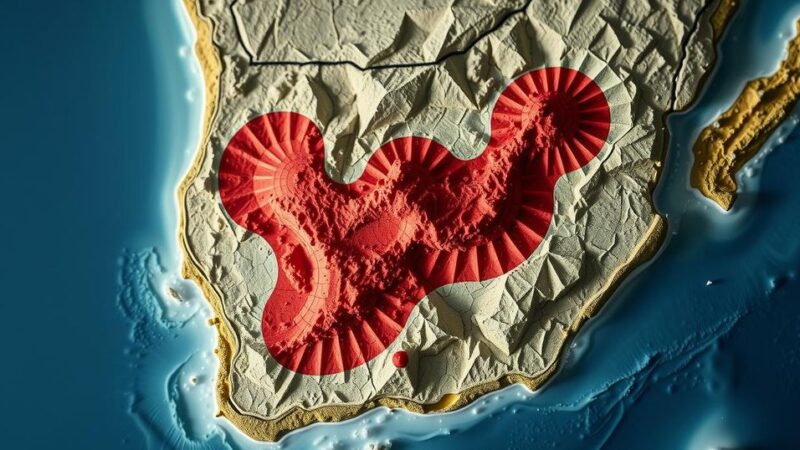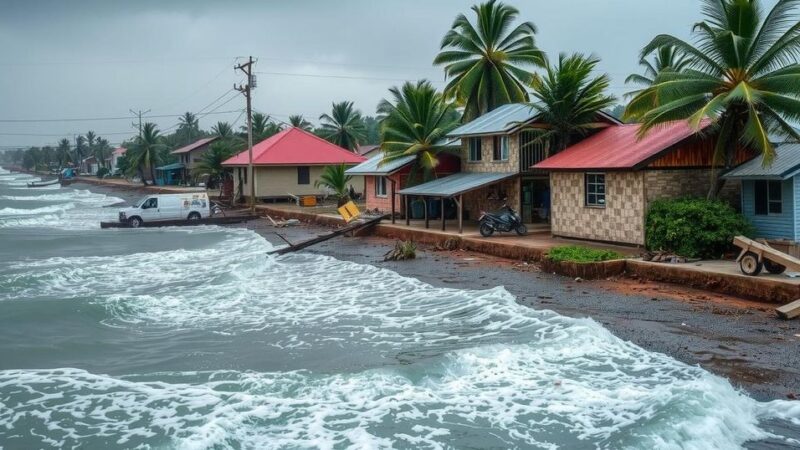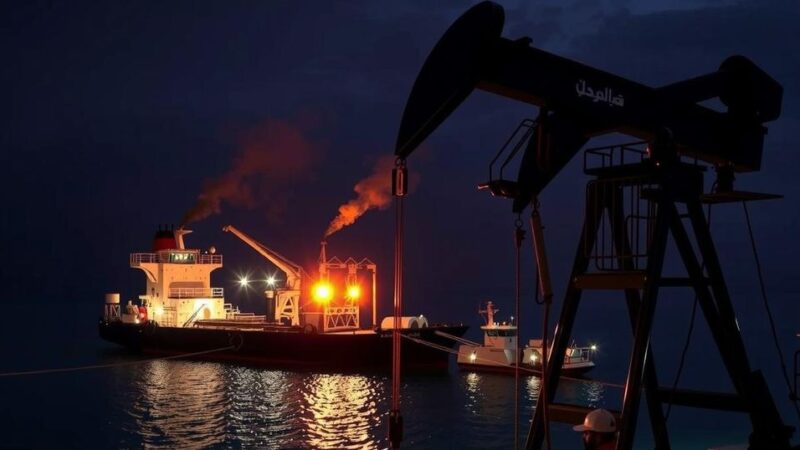South Africa has requested that Taiwan relocate its Taipei Liaison Office from Pretoria to Johannesburg, officially renaming it a trade office. This move is interpreted as yielding to Chinese pressure as the ANC aims to strengthen ties with Beijing amid changing political dynamics after recent elections. Taiwan has been given six months to comply with the request, and potential reciprocal measures are being considered by Taiwan in response. This action highlights China’s expanding influence in Africa and the diplomatic challenges faced by Taiwan.
South Africa has taken a significant step to downgrade its relations with Taiwan, as the ruling African National Congress (ANC) seeks to strengthen ties with its traditional ally, China. The Department of International Relations and Cooperation announced that Taiwan’s unofficial embassy in Pretoria, known as the Taipei Liaison Office, is to be relocated to Johannesburg and rebranded as a trade office. This change is intended to symbolize the economic rather than diplomatic nature of the relationship between South Africa and Taiwan, aligning with conventional diplomatic practices where embassies are situated in capital cities. Taiwan has been informed that it has six months to comply with this directive, reiterating the South African government’s adherence to the One-China policy that recognizes Taiwan as a part of China. Taiwan has operated its office in Pretoria since the late 1990s, engaging primarily in trade and visa transactions, similar to its operations in the United States and the United Kingdom. Political analysts suggest that this decision stems from both the ANC’s need to reassure China following recent election outcomes that weakened its dominant position and the growing pressures from Chinese authorities for African nations to conform to a one-China stance. After recent pivotal elections resulted in the ANC losing its absolute majority, the party has had to navigate a coalition government that includes opposition parties with differing views on foreign policy. Despite previous criticism of South African policy towards China, certain members of the coalition have shifted their stance to align with Beijing’s interests. Following the announcement, Taiwan expressed disappointment, indicating readiness to consider retaliatory actions against South Africa if necessary. The shift marks another chapter in China’s increasing influence in Africa, where it continues to assert pressure against Taiwan’s diplomatic presence in the region.
South Africa’s decision to move Taiwan’s mission aligns with China’s longstanding efforts to encourage countries to adhere to its One-China policy, which denies the existence of Taiwan as a separate sovereign state. This emphasis on a non-political relationship reflects a broader geopolitical strategy at play, wherein African nations weigh their diplomatic relations against extensive economic ties with China. The ANC has historically relied on Chinese support, prompting the party to reassure Beijing following its loss of absolute control in a recent election. This shift in political dynamics necessitated a recalibration of South Africa’s foreign policy, particularly towards Taiwan, which has faced increasing isolation globally due to China’s influence. The decision also highlights a recurring trend among African nations yielding to Chinese pressure on diplomatic matters concerning Taiwan, as evidenced by similar actions taken by Nigeria and other countries in the region.
In conclusion, South Africa’s decision to relocate Taiwan’s Liaison Office is indicative of the increasing pressure exerted by China on African nations to align with its geopolitical objectives. The ANC’s attempts to reinforce its relationship with Beijing in light of shifting political circumstances underscore the complexities of navigating international diplomacy amidst competing influences. Taiwan’s assurances and potential retaliatory measures reflect its concern over diminished diplomatic support, while the broader implications for the region continue to foster debate over sovereignty and international recognition.
Original Source: www.voanews.com

